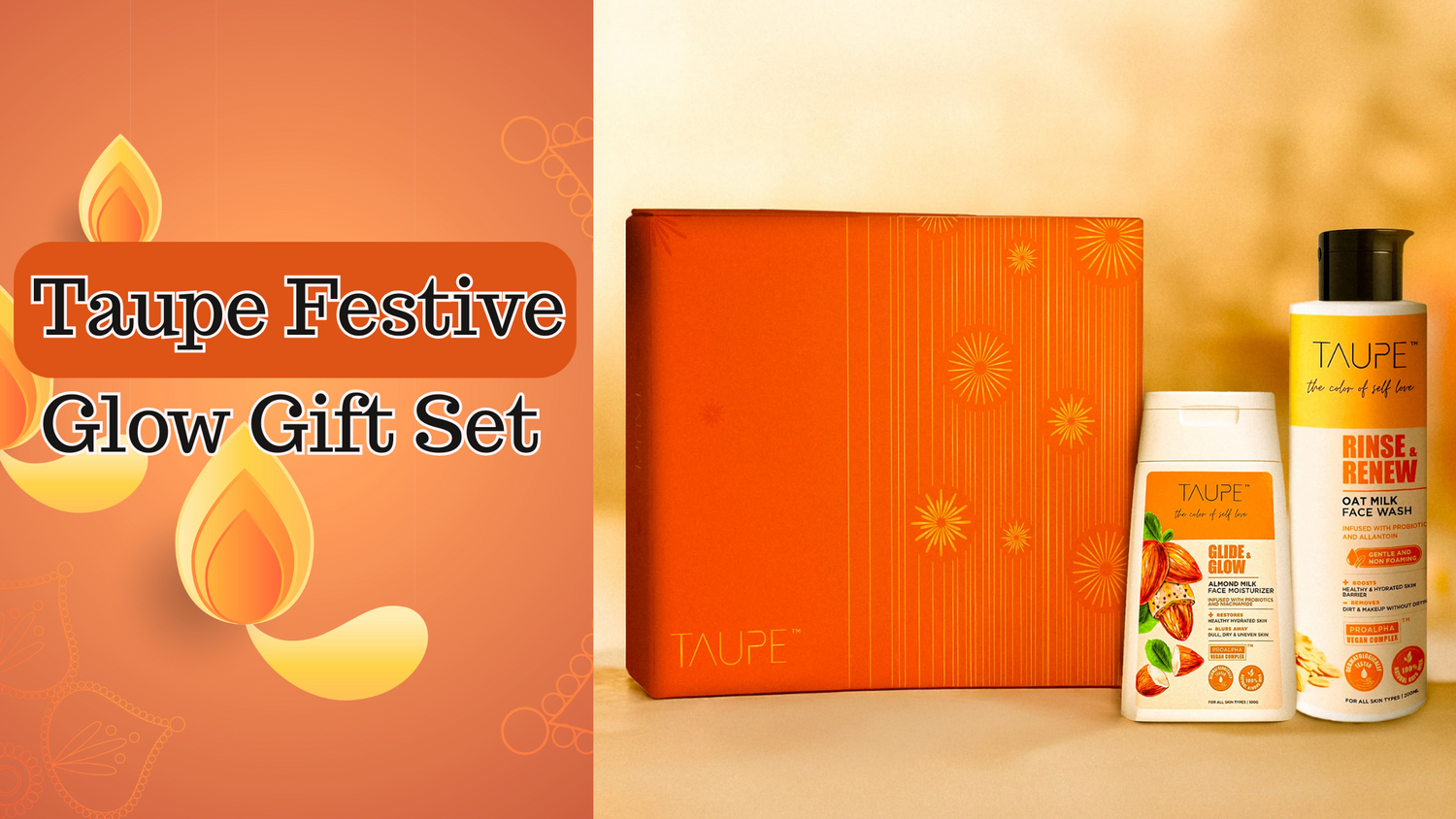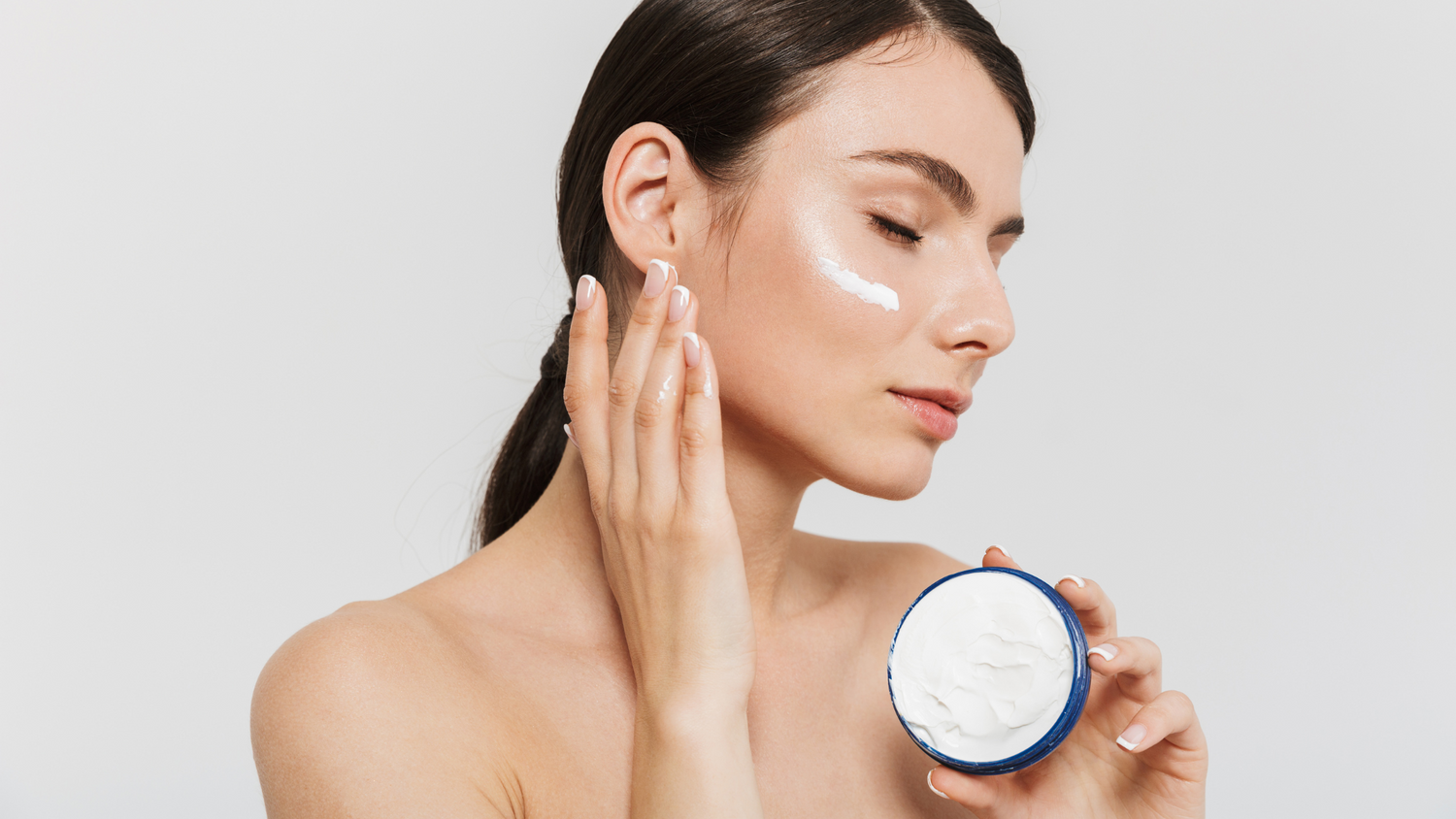If your skin has been feeling dry, irritated, or breaking out without warning, it might be more than just a product issue. Often, it’s your skin’s microbiome that’s asking for help.
The microbiome is your skin’s invisible shield. It’s a layer of good bacteria that protects, soothes, and strengthens your skin from within. But when this balance is disturbed, your skin starts to act out, redness, sensitivity, and uneven texture become a regular part of your day.
This is where probiotics come in. Especially in skincare, they’re becoming a powerful solution for restoring balance and calming reactive skin.
What is your skin’s microbiome?
Your skin isn’t just skin. It’s a living, breathing ecosystem that houses billions of microbes. These good bacteria protect against harmful invaders, reduce inflammation, and keep moisture locked in.
Everyday triggers like pollution, harsh cleansers, or even over-exfoliation can damage this delicate balance. Once that happens, your skin barrier weakens and that’s when issues like breakouts, tightness, and dullness begin to show.
How probiotics help repair and protect your skin
In skincare, probiotics are like gentle peacekeepers. They work by reinforcing your skin’s natural barrier, calming inflammation, and promoting the growth of healthy bacteria.
When applied topically, probiotics can:
-
Reduce redness and irritation
-
Improve skin texture and hydration
-
Strengthen the barrier function
-
Support the skin’s natural healing process
They don’t act like quick fixes. Instead, they slowly help your skin get back to a healthier, more resilient state.
Why a face mask with probiotics makes a difference
Unlike daily-use products, a probiotic-rich face mask gives your skin time to rest and recover. With concentrated ingredients and a calming texture, it helps your skin soak in what it truly needs, nourishment, balance, and long-lasting hydration.
If your skin is stressed, flaky, or feels tight after sun exposure, travel, or new actives, a probiotic mask can be your once-a-week reset.
It works best when you leave it on for 10–15 minutes, allowing the probiotics to work with your skin instead of just sitting on the surface.
It’s not just about moisture, it’s about recovery
Many hydrating products focus only on giving your skin a soft feel. But if your microbiome is damaged, that softness won’t last.
Probiotic skincare works deeper. It doesn’t just coat your skin, it communicates with it, guiding it back to balance. That means less sensitivity, fewer breakouts, and a barrier that stays strong even through seasonal or hormonal changes.
Who should use probiotic skincare?
If your skin:
-
Feels dry and stretched
-
Has sudden flare-ups or breakouts
-
Looks dull or uneven
-
Reacts easily to products
Then probiotics could be the missing step in your routine.
Even if your skin isn’t visibly struggling, adding probiotics once a week helps maintain its natural rhythm. It’s a quiet fix but a powerful one. By supporting your microbiome, you help your skin do what it’s meant to, protect, repair, and glow naturally. And when it comes in the form of a calming face mask, the results speak for themselves.




